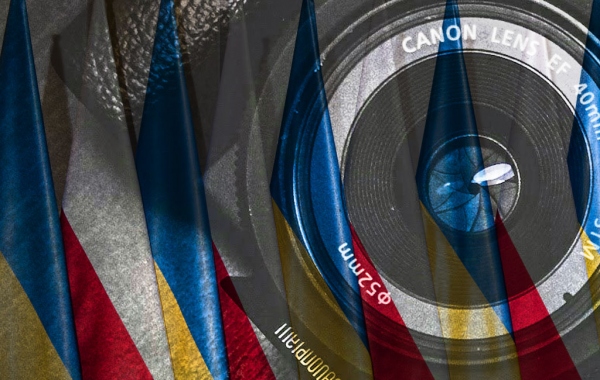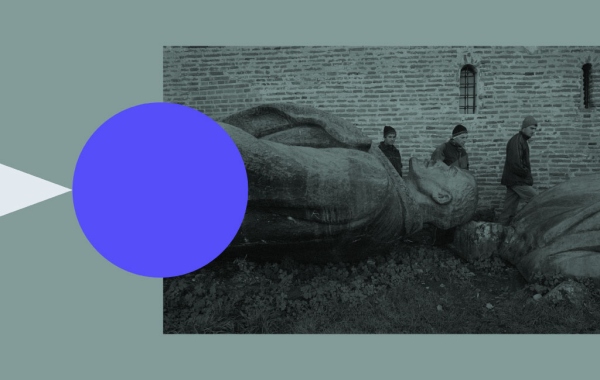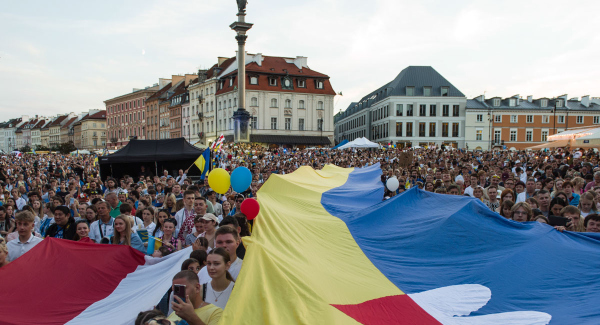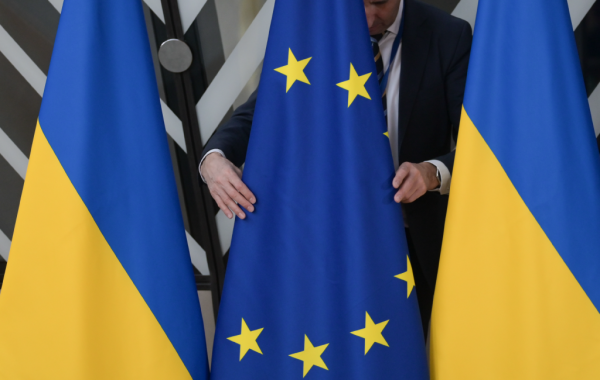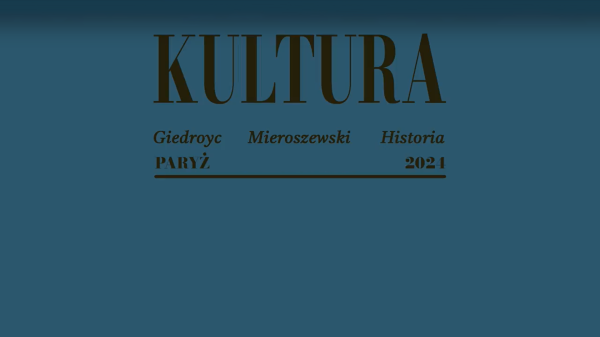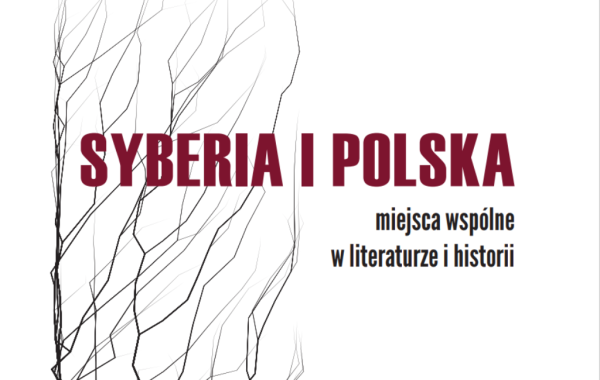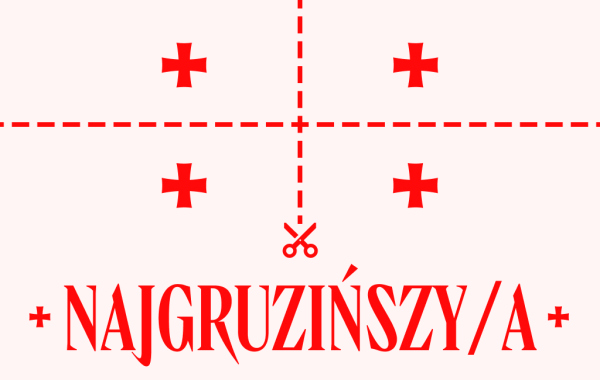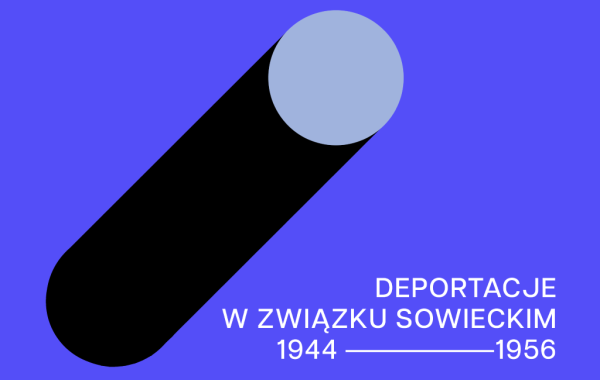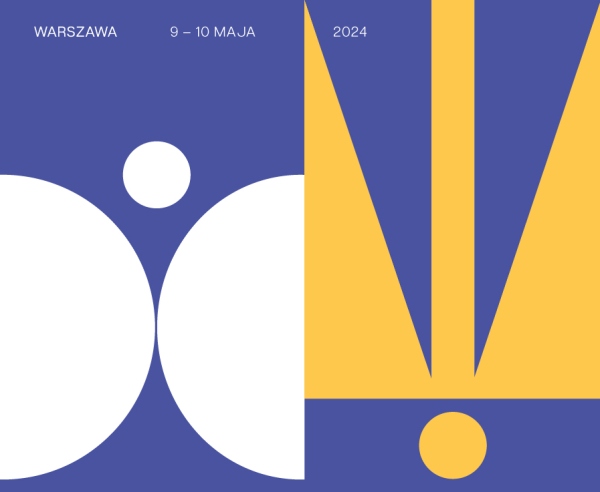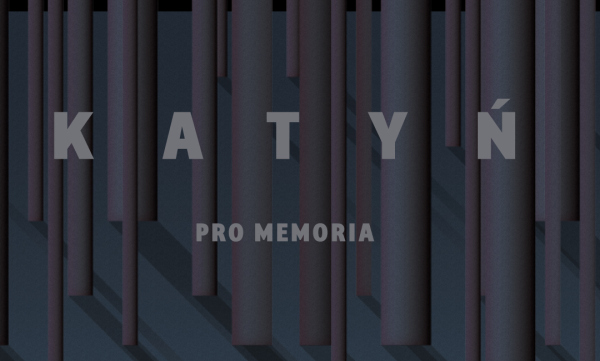"Żarliwy antykomunista" in Warsaw
Discussion around the book edited by Andrzej Grajewski „Żarliwy antykomunista. Pontyfikat Jana Pawła II w dokumentach KGB Ukraińskiej Socjalistycznej Republiki Sowieckiej (1978–1997)” as part of the conference "Karol Wojtyła in the face of the challenges of the People's Republic of Poland".
On 18 May, together with the Museum of John Paul II and Primate Wyszyński in Warsaw, we invite you to a full-day conference on the role of "Karol Wojtyła in the face of the challenges of the People's Republic of Poland".
In the 1970s, the world seemed to be permanently divided militarily and ideologically. Nothing heralded the collapse of the communist system. It was in this reality that the Pope from Poland began his pontificate, having had years of experience of living in a communist system where human rights were violated and where surveillance and persecution restricted individual freedom.
In the international arena, he pleaded for the rights of nations and ethnic groups affected by armed conflict or deprived of sovereignty to peace and respect for human rights, including the restoration of religious freedom in Central and Eastern Europe. The defence of peoples' rights, the ability to have interreligious dialogue, respect for the person, helping people and cooperating with the laity were learned from the experience of his own country - from its culture, history, traditions.
As part of the conference, we particularly recommend the last panel (16:00-17:00), which will be devoted to our publication 'Żarliwy antykomunista. The Pontificate of John Paul II in the KGB Documents of the Ukrainian Soviet Socialist Republic (1978-1997)'.
Dr Andrzej Grajewski, Prof. Paweł Skibiński and Prof. Rafał Łatka will discuss the scale of the ideological confrontation that took place in the Soviet Union during the first decade of John Paul II's pontificate. It was undoubtedly most acute in Ukraine, where the Soviet authorities acted primarily in the context of John Paul II's support for the underground and diaspora Greek Catholic Church. This was seen as a threat to the state as a whole, as the renewal of this Church was seen as supporting the Ukrainian national movement. To a lesser extent, the collected documents illustrate the situation in Roman Catholic circles, which did not have much political significance at the time. The discussion will be moderated by Krzysztof Ziemiec.
We invite you to register in advance here.


